Make no mistake: the landlord business is riddled with potential problems, pitfalls, and liabilities. The profit margins in the rental business can be narrow enough without losing revenue, incurring unnecessary expenses, and dealing with tenant problems, all of which could have been prevented with proper planning and resources. Landlords must take proper steps to ensure their landlord business runs effectively and efficiently. Here are 5 things landlords can do to improve their rental business.
- Use an Effective Lease Agreement. The lease agreement is, in effect, a business operations document, wherein the tenants agree to abide by not just basic obligations, but also agree to the way in which the landlord operates his rental business. If the tenant doesn’t agree to certain terms and conditions in the lease agreement that govern how the tenant is to act and what remedies the landlord has, the landlord will be without the effective tools to enforce the way the landlord wants to conduct his rental business. Not all lease agreements are the same. There are plenty of lease agreements online (free or for purchase) that landlords have access to, but chances are, they are lacking in substance in many regards. Using a lease agreement that is prepared specifically for professional property management business is critical to the landlord’s success in the landlord business.
- Conduct Routine Inspections. Under Florida law, landlords have an obligation to ensure that the premises are safe for habitation prior to a tenant’s occupancy and during the term of occupancy. Knowing the conditions of the premises is a must. Additionally, the best way to ensure the tenants are complying with their lease obligations is to “lay eyes” on the property. Inspecting the property periodically is critical to ensuring the tenants are complying. Take adequate pictures of during each inspection to preserve evidence of the property’s conditions. It is also prudent to periodically have the property inspected by a licensed home inspector to ensure that there are no major problems or potential problems with the premises. So, for purposes of avoiding liability and lawsuits and to properly enforce the lease obligations, routine inspections are critical to the landlord’s success.
- Obtain Proper Insurance Coverage. A landlord can obtain a dwelling policy to cover certain liabilities and damages for the rental property. Preparing for contingencies that can impact the landlord’s liability risks and financial obligations is just good business. Additionally, there are landlord policies available on the market to help cover the landlord for other events, such as the tenant “skipping”, causing malicious damage, or covering damages that the tenant would owe under the lease agreement. Helping to offset or reduce these losses is critical to protecting the landlord’s assets and reducing liabilities.
- Having Landlord Attorney on Retainer. Landlord-tenant law is largely based on the lease agreement’s terms and conditions and proper notices that the parties must deliver to the other party when there is a breach of obligations. Florida Statutes ch. 83, pt. 2 requires landlords to act in a certain manner to have legal remedies, and courts have rendered thousands of decisions over time that affect the landlord’s obligations, rights, and remedies. If these laws and rules are not followed, the landlord will be at a major disadvantage, face liability, and have an ineffective property management business. Having a landlord-tenant attorney who specializes in landlord-tenant law is critical to being able to run an effective landlord business, to reduce risks and liabilities, and to effectively and timely enforce the landlord’s rights and remedies.
- Know How to Use Forms and Notices Properly. Landlord-tenant law requires that landlords property use forms and notices. This means that the landlord must not only know about how to use the form or notice but under what situations the forms or notice are to be used. Experience proves that many landlords do not know how to properly use landlord-tenant forms and notices. So while a landlord may believe he knows how to use the forms or notices properly, the truth is, many do not. Not having sufficient knowledge in this regard can cause many and major problems and pitfalls for the landlord. As forms and notices are used properly for the situation at hand, the landlord will be more effective in running an effective and efficient rental business.
Gone are the days when landlords can mismanage rental property and fly under the radar of tenants, courts, media, and tenant attorneys. The trends of landlord-tenant litigation have notably increased over recent years, not the least of which are class action lawsuits against landlords for a variety of illegal or improper landlord actions. For many landlords, owning and managing rental property is their means of income and retirement. For property investors, they have invested large sums of money to realize a return on their investment. The rental business is too important and too risk not to prepare and act accordingly.
Property Management Law Solutions, LLC is a Florida law firm that specializes in landlord-tenant law and is a landlord-only law firm. We provide statewide services including evictions, consultation plans, education and training, membership plans, forms library, lease agreement plans and more. If you are a landlord or property manager, contact us today or subscribe to one of our online membership plans.
